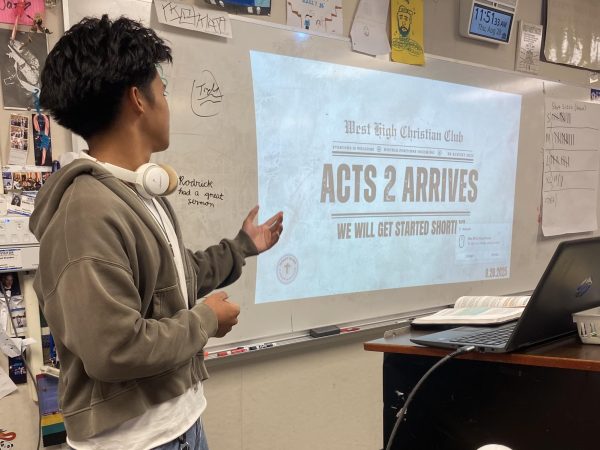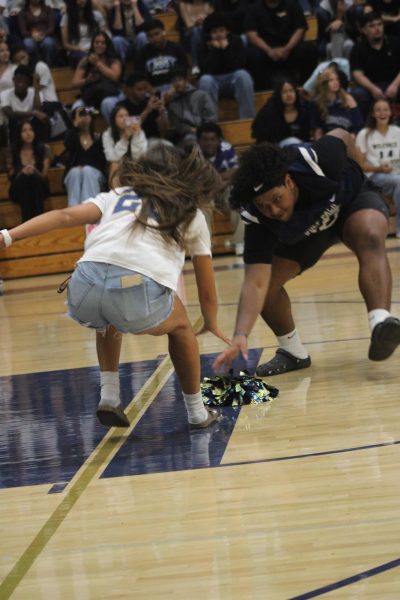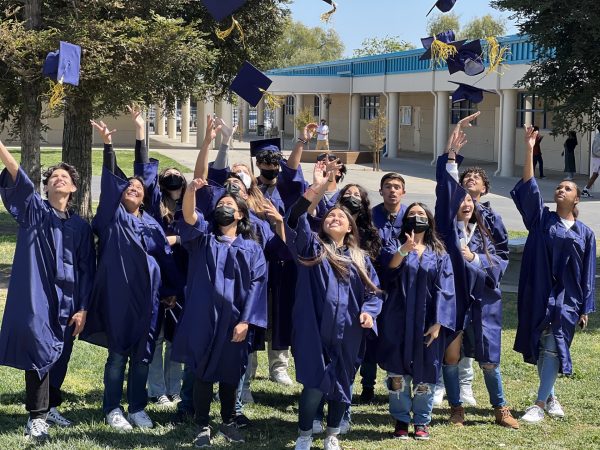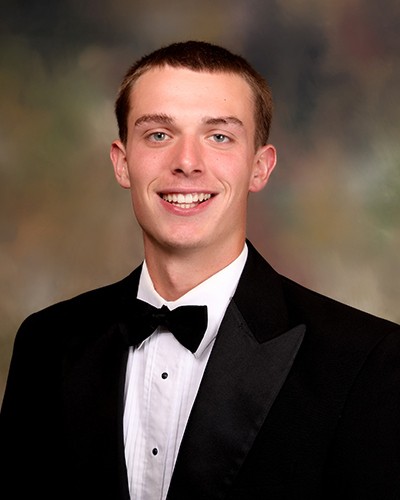The dichotomy of me
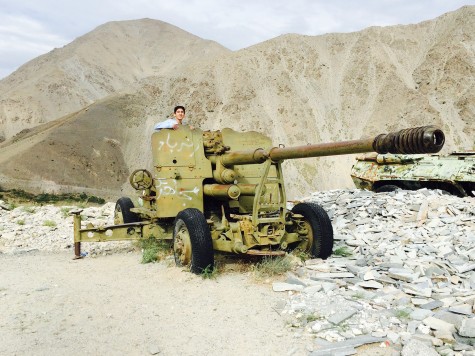
My 12 year old brother on an abandoned tank
It was a long journey. From SFO to Amsterdam to Dubai to Kabul, Afghanistan. From a nice sunny day, to a cold, chilling morning to a humid and hot night, to finally a nice and moderate day. From the grief of leaving my dad behind, to the excitement of actually being in a European country for a few brief hours, to the exhaustion of the long trip that finally hit me, to finally the nervousness, excitement and uneasy feeling of meeting the unknown family I had, the family who knew me and who I knew only through pictures and through a few Skype conversations. I was finally here.
As we arrived at the Kabul International Airport and from the moment I got in the car, I noticed many differences. My family of eight, each carrying a bag, were being transported to “home” in a car that held only five passengers. Additionally, my grandpa and my eldest cousin were with us as well, making a total of ten people in the car. My youngest brother, who is five years old, was sitting on the lap of the driver. On the way, my siblings would comment in English about the “crazy people” they saw on the road.They were referring to the people riding ON the bus’s rooftop. There were cars going in every direction possible, no speed limit, no stop signs and no clear distinction between which way a car should be going.The roads were bumpy, it wasn’t constructed and that was normal. There were beggars running around trying to sell their products or just begging for money to fulfill their household needs.
The first week went by, and I realized that my younger siblings were having a hard time talking with the family who had accepted and welcomed us all. This was due to their inability to speak Farsi, my mother tongue. Throughout the stay, after playing with cousins who only spoke the Farsi language, my siblings, too, learned how to speak Farsi.
The bathrooms were the most difficult thing I had to adapt to if I was to survive my stay in Afghanistan. The bathrooms were more like a room with a drain on the floor to get rid of the water. It included a bucket and a small pail to get the water from the bucket to your body. If you were more modern, you had showers. But I had to deal with the tap as my main source of water. With the bathroom floor being wet, it was impossible to change into clean clothes without getting them wet as well. On top of all that, the majority of the time, the water was ice cold. It made me miss the American bathrooms and appreciate them a lot more when I returned.
My family comes from a part of Afghanistan called Panjshir, a very mountainous place with a long river going throughout the whole province. My ancestors moved to the capital, Kabul, not so long ago. I was excited to go and take a five hour drive to Panjshir because it is not city-like. It is much more historic, no wifi (even though Kabul’s wifi was extremely slow) or cable, just your cattle, the river and you. My family decided to go and stay for two nights and three days. It was an eye-opening journey for me. I saw canals in the mountain from the fight against Taliban, in which my ancestors would hide in order to protect themselves. I also saw multiple abandoned tanks from the war against Russia just lying on the plains. The war was a terrifying experience for many of my family members. It was a time period no one wants to remember. There were amazing views of mountains and green grassland all over Panjshir. It was truly beautiful.
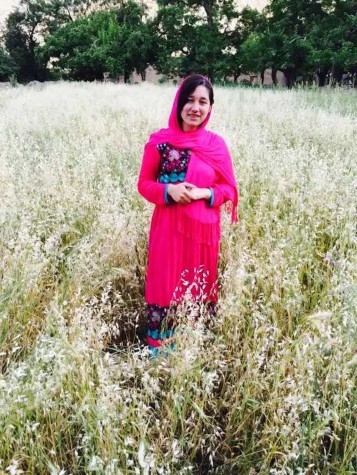 The most horrific memory of Kabul would be the sound of explosions that we heard multiple times during our stay. The explosions weren’t the scary part, neither were the casualties, but the fact that people treated these explosions like an everyday matter. The people had heard it so much that it was normal. The first time it happened, I was startled. My hands were shaking and my heart was racing . I didn’t know what to do or what to expect next. But to my family who had been living in Afghanistan all their lives, this was nothing new. I heard these explosions multiple times, one of which occurred a day before our return to the U.S. near the airport. This scared me the most. I had never been so scared in my entire life. People were possible victims to these explosions if they went to the mall at the wrong time, or if they decided to pray at the masjid (place of worship for Muslims) at a certain time or if they decided to go have fun at the park with their families. Despite all these dangers, people still live their lives. They work and they go to school and they feed the family and enjoy holidays, which to me is amazing. How does one not give up in a situation where an education could get you killed, where everyday lifestyle could get you killed? The people in Afghanistan have seen a lot, have endured a lot and have lost a lot. But they try to push forward and I noticed that. They desire a change that only they can bring if they work together for a safer country, for a safer home.
The most horrific memory of Kabul would be the sound of explosions that we heard multiple times during our stay. The explosions weren’t the scary part, neither were the casualties, but the fact that people treated these explosions like an everyday matter. The people had heard it so much that it was normal. The first time it happened, I was startled. My hands were shaking and my heart was racing . I didn’t know what to do or what to expect next. But to my family who had been living in Afghanistan all their lives, this was nothing new. I heard these explosions multiple times, one of which occurred a day before our return to the U.S. near the airport. This scared me the most. I had never been so scared in my entire life. People were possible victims to these explosions if they went to the mall at the wrong time, or if they decided to pray at the masjid (place of worship for Muslims) at a certain time or if they decided to go have fun at the park with their families. Despite all these dangers, people still live their lives. They work and they go to school and they feed the family and enjoy holidays, which to me is amazing. How does one not give up in a situation where an education could get you killed, where everyday lifestyle could get you killed? The people in Afghanistan have seen a lot, have endured a lot and have lost a lot. But they try to push forward and I noticed that. They desire a change that only they can bring if they work together for a safer country, for a safer home.
Coming back to the U.S. was a bitter-sweet experience for me. Initially I had come to Afghanistan to a “family,” but I was leaving my home and my loved ones, the ones who I could finally say belong to me. I was only taking back memories of the family who loved me as their own in Afghanistan. Farewells and goodbyes are not my favorite things to do. It was by far the hardest part of my journey. But it wasn’t the last part. We still had to go through the two day long trip from Asia all the way to America. It was an exhausting trip and a sad one. The first thing I noticed when we were picked up in San Francisco was that we needed to put our seatbelt on, and the roads were much smoother. It felt good to be back home. But it also felt like I was in a foreign country. There are no words to describe how I feel about America or Afghanistan. It would be like taking Awesta and breaking her in half, leaving a half in America and the other in Afghanistan. I have two homes, two lives, two families each different from the other. Yet I manage to keep myself the same in both of my worlds and keep the best of both worlds.

